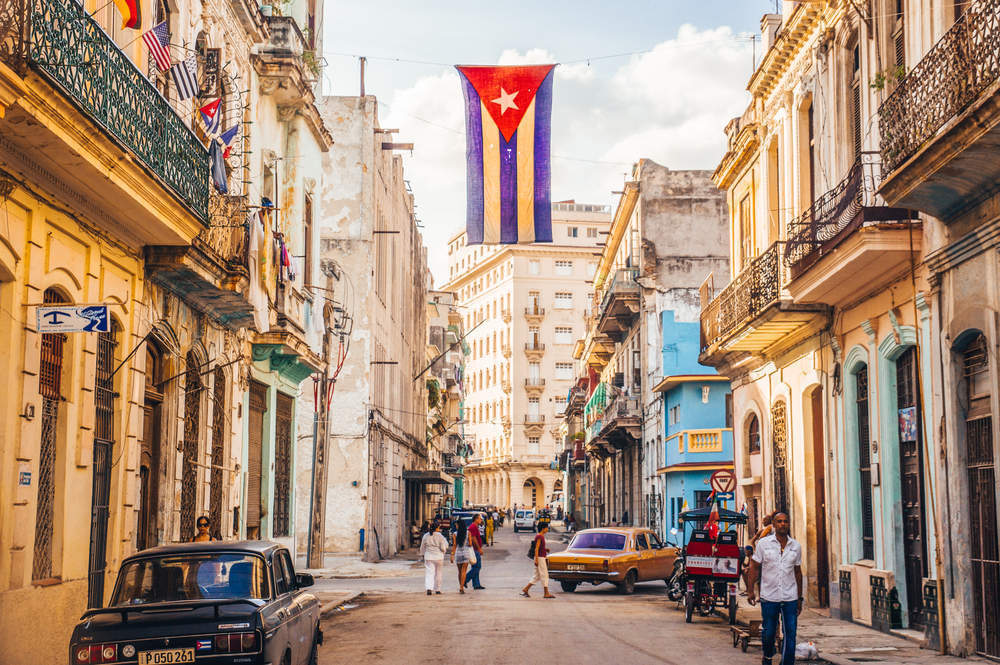
The US has advised its citizens not to travel to Cuba following 21 US diplomats reporting unexplained illnesses; there is speculation that the illnesses have been caused by an attack on US personnel based in Cuba.
But, maintaining tourism flows will be essential for the country to recover from Hurricane Irma.
The travel ban has been criticised for being politically motivated, rather than based on evidence that US tourists are in danger by visiting the Caribbean island.
Organisations and businesses have disagreed with the decision, including US Travel Association, Respect – the largest association of US organisers of travel to Cuba.
Respect said:
Based on the evidence thus far and the fact that the State Department says no other US citizens have been affected, we believe that its decision is unwarranted, and are continuing to organize travel to Cuba and encourage others to do so.
How well do you really know your competitors?
Access the most comprehensive Company Profiles on the market, powered by GlobalData. Save hours of research. Gain competitive edge.
 Company Profile – free sample
Company Profile – free sampleThank you!
Your download email will arrive shortly
Not ready to buy yet? Download a free sample
We are confident about the unique quality of our Company Profiles. However, we want you to make the most beneficial decision for your business, so we offer a free sample that you can download by submitting the below form
By GlobalData
Additionally, Airbnb, American Airlines, United Airlines, and other US companies announced they would be continuing their operations in the country despite the new warning.
Cuba relies heavily on revenue and employment from the tourism industry, which accounts for around 10 percent of national GDP.
If the travel ban deters US tourists from visiting then this could negatively impact the country’s economy and its citizens.
GlobalData estimates that the US is the country’s second largest source market.
Despite this, US tourists totalled a little over eight percent of total arrivals for 2016.
In comparison, the country’s largest source market – Canada, comprised 31 percent of total arrivals for the same year. European travellers also make up a large share of arrivals.
If the country can continue to attract tourists from these destinations then the impact on the industry and economy may not be severe.
How the country responds to the unexplained illnesses will ultimately determine the size of the impact the country’s tourism industry will take.
Currently, there has been little response to clarify what has caused the issue. If the country is witnessed being proactive and having the health and well-being of foreign nationals in the country as a top concern, then tourists may not be deterred from visiting.
The travel ban comes at a time when the country is recovering from the impact of hurricane Irma.
Continued tourism to Cuba is now crucial for recovery, the revenues and jobs created by the industry will be essential for families and businesses to rebuild their damaged property.
Since there has been no evidence that tourists are in danger by visiting Cuba, US and other tourists should not be deterred by the travel ban or the effects of hurricane Irma.
Tourists should continue visiting the Caribbean island, as their financial contributions are more important than ever for the country and economy to recover.






Related Company Profiles
Airbnb Inc